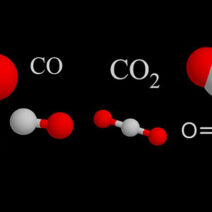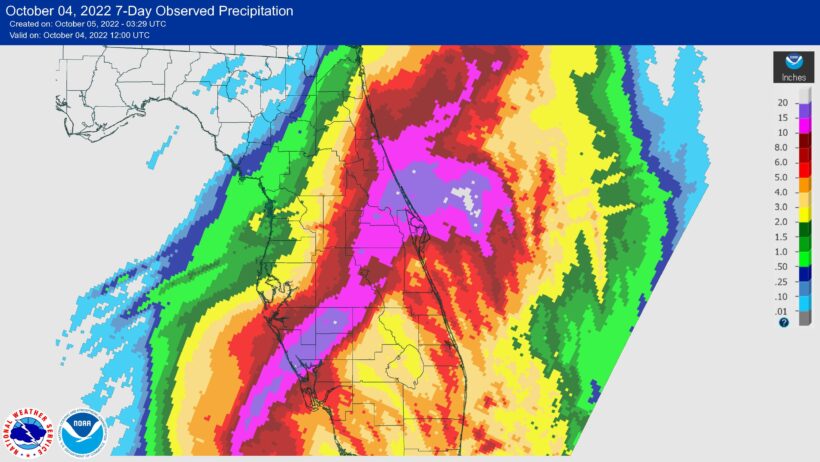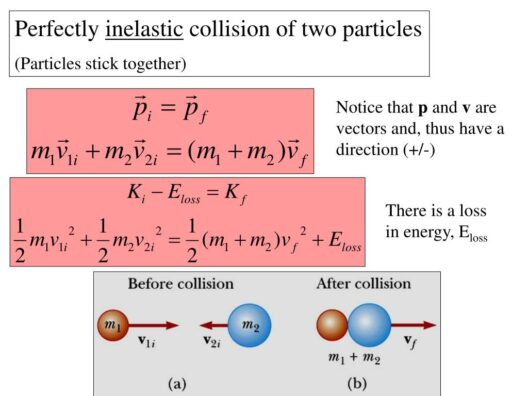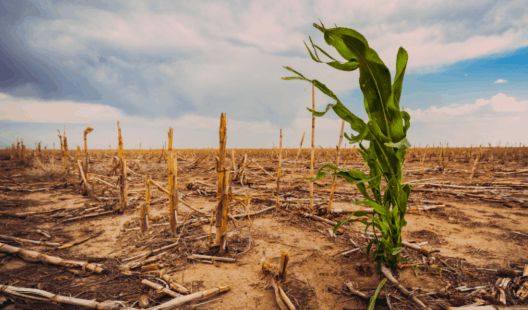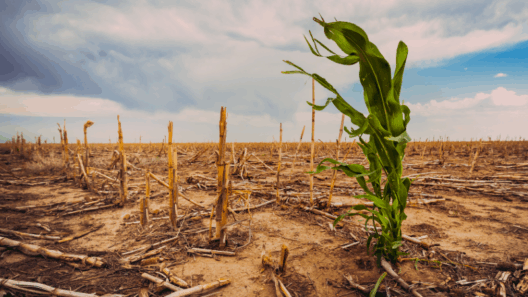Global warming—a topic that has captured the attention of scientists, scholars, and policy-makers alike—is predominantly expedited by human action. Each day, countless behaviors and choices collectively contribute to this looming crisis. Understanding how individuals and societies inadvertently, or perhaps inequitably, accelerate climate change is essential to galvanizing meaningful action.
One of the primary culprits behind global warming is the extensive reliance on fossil fuels. The combustion of coal, oil, and natural gas for energy results in significant carbon dioxide emissions, which permeate the atmosphere and enhance the greenhouse effect. This phenomenon occurs when these gases trap heat, leading to an increase in Earth’s average temperatures. Transportation is a significant contributor to this dilemma. Automobiles, trucks, and airplanes predominantly rely on fossil fuels, each vehicle emitting a plethora of CO2. The allure of convenience often outweighs the call for sustainable alternatives, which could include carpooling, cycling, or utilizing public transit.
Another aspect that amplifies global warming is the rampant deforestation occurring across the globe. Trees act as carbon sinks, absorbing carbon dioxide and producing oxygen. However, extensive logging, agriculture expansion, and urbanization have devastated vast tracts of forests. This destruction not only diminishes the planet’s ability to sequester carbon, but it also releases stored carbon back into the atmosphere. The irony lies in the fact that many of the goods we consume—such as meat, palm oil, and paper products—are deeply linked to this ecological degradation. A shift towards sustainable agricultural practices and responsible consumption can significantly mitigate these harmful impacts.
Moreover, industrial activities are significant contributors to global warming. The manufacturing process, especially in industries such as cement, steel, and chemical production, is energy-intensive, yielding considerable carbon emissions. The allure of industrial productivity often blinds companies to its repercussions on the environment. Implementing cleaner technologies and practices can minimize emissions. The need for systemic change is crucial—advocating for policies that incentivize sustainable practices can foster an environment conducive to eco-friendly industrial expansion.
Waste management is another area where people inadvertently fuel climate change. Landfills are major sources of methane, a potent greenhouse gas. When organic waste decomposes anaerobically, it produces methane that is over twenty times more effective at trapping heat than carbon dioxide in the short term. This fact emphasizes the need for improved recycling, composting, and waste reduction programs. Communities can promote composting initiatives and educate members about waste segregation. Encouraging the reduction of single-use plastics and promoting a circular economy are vital for ameliorating this escalating problem.
The agricultural sector’s impact cannot be understated, either. Intensive farming practices—frequently reliant on chemical fertilizers and pesticides—not only emit greenhouse gases but also diminish soil health. Cattle farming is particularly notorious; methane emissions from livestock make it an industry in dire need of reform. A dietary transition, with increased emphasis on plant-based food options, can not only benefit personal health but also contribute to a more sustainable food system. The implications of food choices extend beyond personal health; they resonate directly with emissions, land use, and deforestation rates.
Technological advances in renewable energy offer a glimmer of hope. However, the transition from fossil fuels to greener alternatives requires a concerted effort from both individuals and industries. While solar, wind, and hydroelectric power sources can significantly reduce reliance on fossil fuels, public resistance or lukewarm adoption can stymie progress. Advocacy for policies that support renewable energy infrastructure and incentivizing businesses to adopt green technologies are paramount in paving the way for a sustainable future.
Urbanization also plays a crucial role in exacerbating climate change. Rapid urban growth has led to increased energy consumption, higher emissions, and more waste generation. Cities are hubs of economic activity and population density, which inevitably leads to increased carbon footprints. To combat this, urban planning can focus on sustainability by promoting green spaces, energy-efficient buildings, and integrated public transport systems. Encouraging local governments to adopt environmentally-friendly policies can lead to significant reductions in urban carbon emissions.
A pertinent yet often overlooked factor in the acceleration of climate change is consumer behavior. The continuous demand for fast fashion is a glaring example. The textile industry contributes significantly to carbon emissions as well as pollution of water bodies due to the toxic dyes and chemicals used. Fast-paced consumption patterns foster environmental harm. A cultural shift towards minimalism, promoting quality over quantity, can diminish these adverse effects and instill sustainable practices in daily lives.
Moreover, the very mindset invoked by consumerism fosters a disconnect between individuals and their environmental impact. Education is an essential tool for alleviating this ignorance. Informing people about the steps they can take to reduce their carbon footprints—such as adopting energy-efficient appliances, using reusable products, and conserving energy—can galvanize a collective effort in combating global warming.
In conclusion, humanity’s actions—intentional or not—contribute significantly to global warming. Acknowledging this reality is the first step towards meaningful change. By understanding the myriad ways individuals and industries fuel climate change, the prospect of adopting sustainable practices becomes not just a possibility but a responsibility. A collective evolution in our habits, consumption decisions, and policies can ignite the transformation needed to combat this unparalleled threat effectively. Each choice we make reverberates throughout the ecosystem, reminding us that the power to alter our planet’s trajectory lies within our hands.
